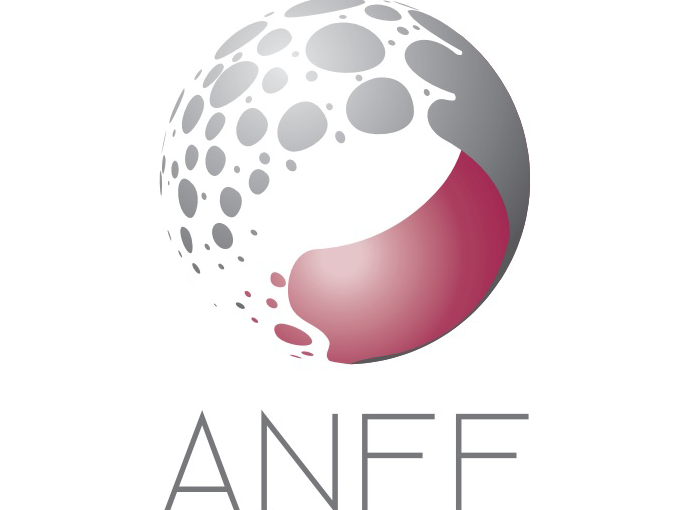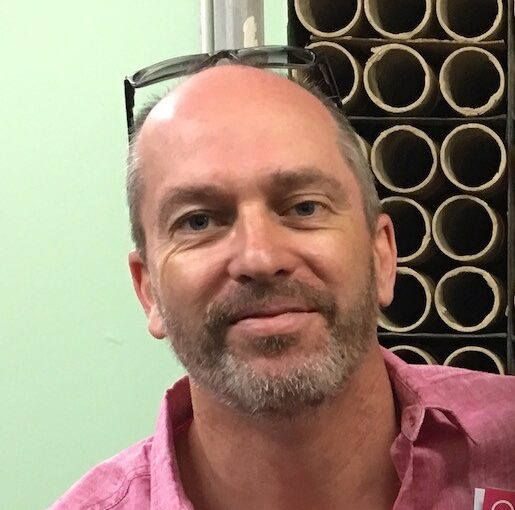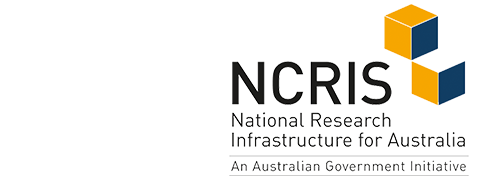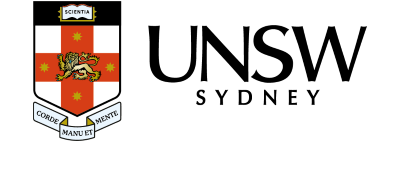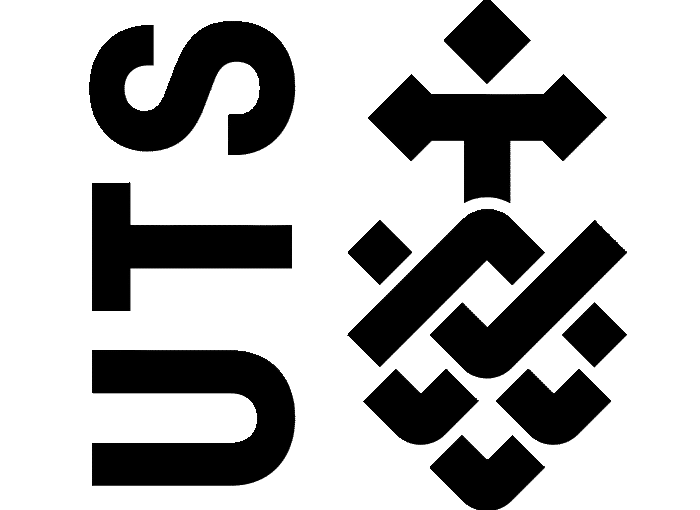Professor Andrew Dzurak has stepped away from his role as Director of ANFF NSW in order to commercialise quantum computing technologies that he has been developing for the past 20 years.
Professor François Ladouceur, a specialist in optics, photonics and computing at UNSW has been selected to take on the ANFF NSW Directorship. He is a long-term user of ANFF facilities and is a founder and CEO of Zedelef, which produces optical components for hazardous environments.
The transition between these two directors will occur this month.
“I’m very excited to step into this directorship and to help expand and refine ANFF’s goals with the support of all those who have contributed to make it a self-evident success under Andrew’s guidance”, said Professor Ladouceur following his appointment.
“ANFF is continually impressed and grateful to the amazing calibre of people that work within the ANFF network. Our latest recruit as a Node Director, François Ladouceur, continues that commitment to have highly talented and entrepreneurial people steering our organisation. Andrew Dzurak can step down from his role within ANFF knowing that he has left an indelible mark on the national success of ANFF and our immense gratitude pails against his achievements” says Jane Fitzpatrick, ANFF CEO.
Andrew has served as ANFF NSW Director since the Node was founded in 2007. He has driven ANFF’s local and national endeavours to enable quantum computing for the past 15 years, activities that have allowed Australia – and in particular Sydney – to become a global leader in the field.
A Quantum Driver
Andrew, his team, and his many collaborators have been developing quantum computing components with the specific aim of making them scalable – this is vital for large-scale production and uptake of quantum technologies in the future. To do this, he has worked in silicon using CMOS processes, materials and techniques that are already widely used in the classical computing industry.
His work has produced a slew of ANFF-enabled outcomes, with key milestones including producing qubits and qubit systems that have smashed records for fidelity, and that can operate at temperatures much higher than preceding technologies. The team were also the first to demonstrate operational single- and two-qubit systems using silicon-MOS quantum dots. Their more recent work has seen significant developments in the control of qubits using electrical influence, paving the way for manipulatable qubits that can also be error checked.
A portfolio of 28 patents from Andrew and his team’s work on CMOS qubits at UNSW have now been transferred to his new company, Diraq. These patents fall into 9 patent families that have accumulated millions of dollars-worth of investment and funding. Find out more on the company’s website.
Following his departure Andrew stated “The development of the breakthrough quantum nanotechnologies underpinning Diraq has only been possible due to the world-class nanofabrication facilities we’ve been able to access through ANFF. While I am excited to take up my new role with Diraq, it is still a sad occasion to move on from a role that has given me so much satisfaction and pride. The success of ANFF-NSW has only been possible due to the talented and dedicated engineers, scientists and support staff who operate our facility. I would like to thank all of them, past and present, for the support they have given me this past 15 years, in particular our outstanding Facility Manager (and now Technical Director) Dr Matt Boreland. I would also like to thank the ANFF Board, especially Chair Chris Fell, and CEO Jane Fitzpatrick, together with all of the other Node Directors around the country who have shared with me the belief that the collective is much greater than the sum of its parts. Working with you, in some cases since the inception of ANFF in 2007, has been one of the great privileges of my life.”
ANFF Chair, Emeritus Professor Chris Fell, acknowledged Andrew’s significant contribution to ANFF, stating “ANFF is incredibly grateful to Andrew. He’s provided invaluable expertise and been a strong advocate for the Network throughout his tenure. The entire ANFF community has benefitted from his seemingly endless patience as he raised the collective understanding of the importance of quantum technologies, as well as the mechanics that underpin these remarkable devices. We wish him the best for the future, and stand ready to assist as he continues on the path to commercially viable quantum computing.”


